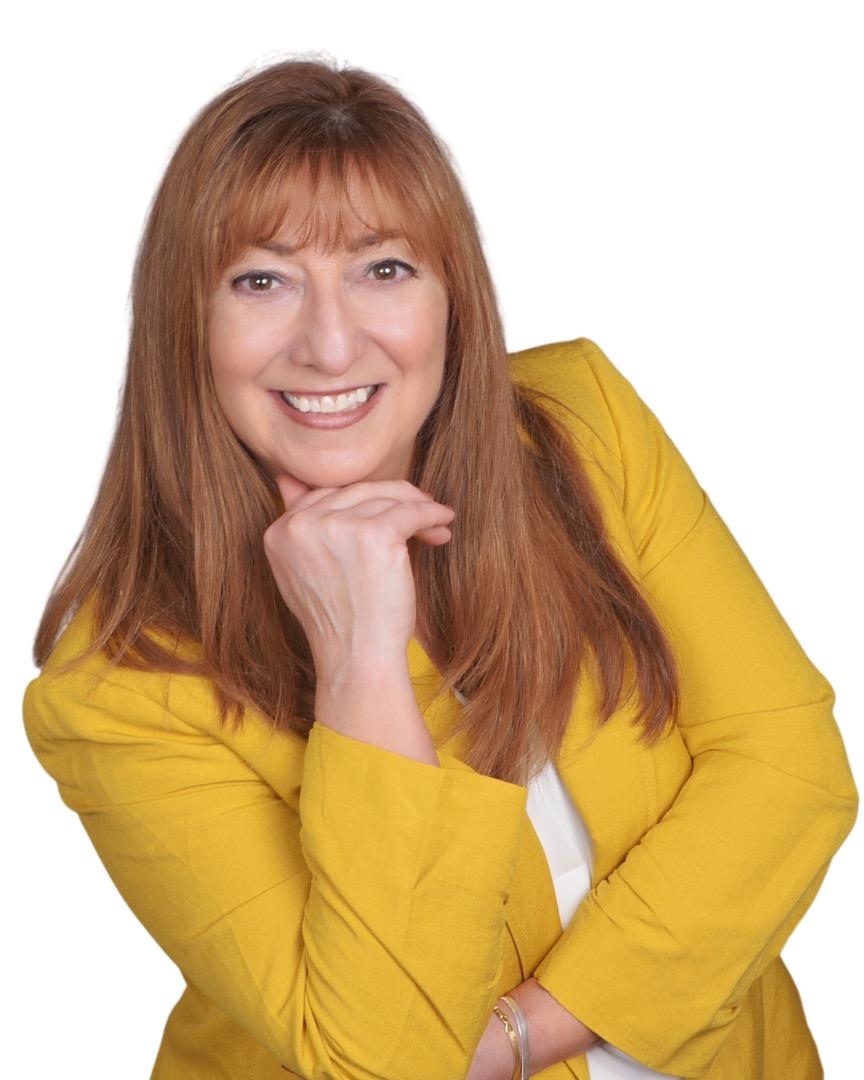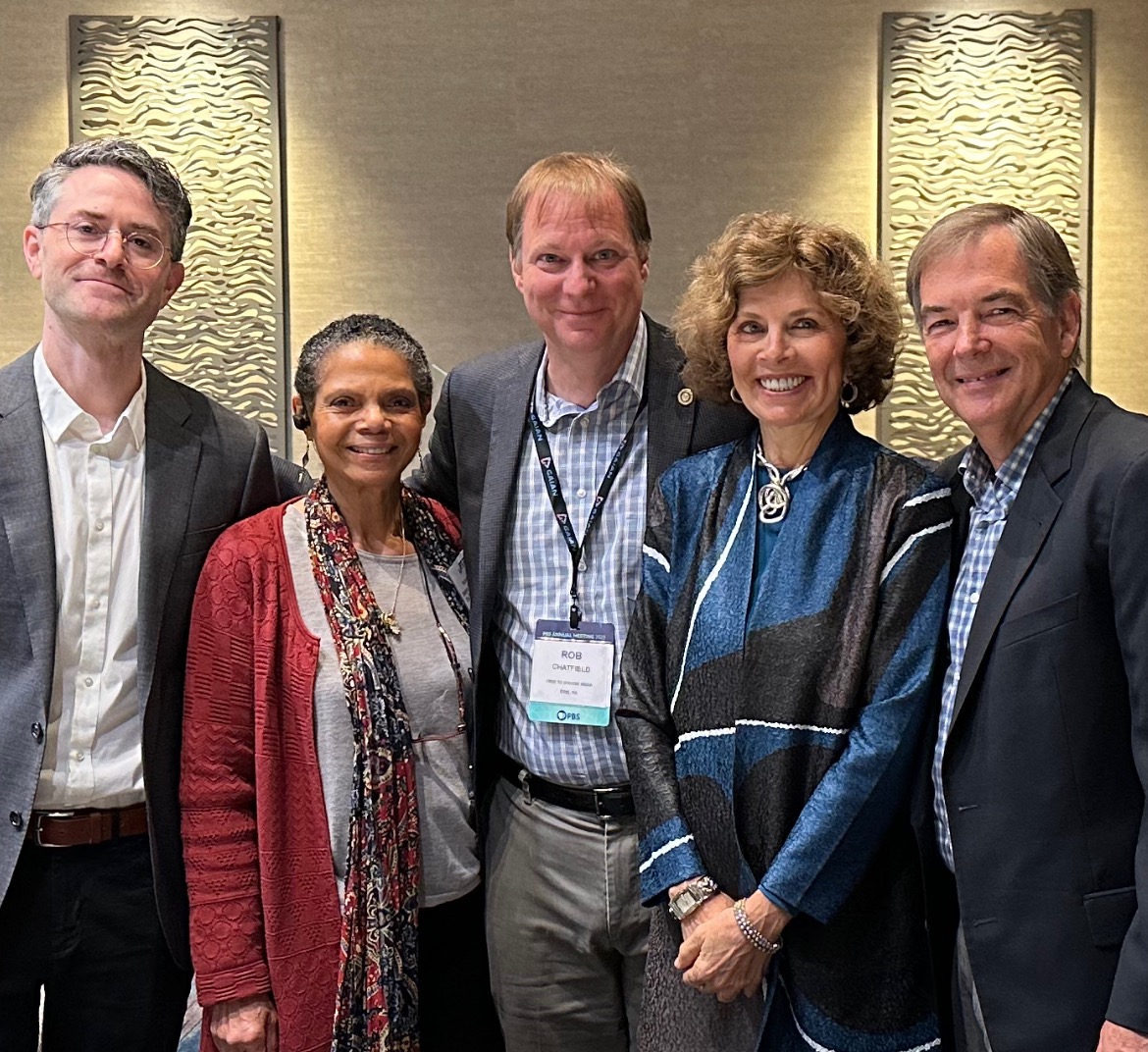Dr. Kara Tan Bhala Sheds Light on Ethical Finance in Exclusive Interview: From Seven Pillars Institute to Her Latest Book
Kara Tan Bhala is the President and Founder of Seven Pillars Institute for Global Finance and Ethics, USA, the world’s only independent think tank for research, education, and promotion of financial ethics. She was an Honorary Research Fellow at Queen Mary University of London, U.K., currently sits as a Jury Member for the Ethics and Trust in Finance Global Prize based in Switzerland, and is the U.S. Ambassador for the Transparency Task Force (U.K.). Dr. Tan Bhala has a rare combination of professional training and extensive experience in both global finance and moral philosophy. She has nearly 30 years of experience in global finance, much of which was gained through working on Wall Street. She has been a sell-side equity analyst, a sell-side equity salesperson, a buy-side equity analyst, a portfolio manager, and a lecturer in finance. For 18 years she ran her own international financial markets consulting firm. Dr. Tan Bhala has five degrees across three disciplines: a Bachelors (City, University of London, UK) and Masters (Oxford University, UK) in Business, a Masters in Liberal Studies (New York University, USA), and a Masters and PhD in Philosophy (University of Kansas, USA). She has lived and worked in London, Oxford, Singapore, Hong Kong, New York, Washington DC., and currently resides in Kansas City, MO. She is a member of the Council on Foreign Relations, USA, and the Royal Society for Asian Affairs, UK.
Could you please share the inspiration behind the Seven Pillars Institute for Global Finance and Ethics? What motivated you to establish an organization focused on the intersection of finance and ethics?
I worked on Wall Street in the 80s and 90s when ethics in finance was not derided, as it currently is, as an oxymoron. I completed my PhD in moral philosophy in 2009 right after the Great Financial Crisis. That event shook me. Greed, regulatory capture, and moral indifference resulted in financial catastrophe. So, I decided to use my experience in finance and my background in philosophy to do something about putting ethics back into finance, both at a theoretical level and in practice. I’ve been quite fortunate in my life. I guess I wanted to pay it forward by setting up a non-profit think tank to help educate and promote financial ethics.
Ethics in finance is a topic of great significance, especially in today’s global financial landscape. How do you envision the Seven Pillars Institute contributing to the ongoing conversation about ethical practices in the financial industry?
Seven Pillars Institute (SPI) has been around for over thirteen years. During that time, we have researched and published on a range of financial ethics issues. We put our ideas out there to contribute to the conversations about ethics in finance and in economics. I’d like to think SPI has had some influence in a variety of finance related subjects. For instance, the stakeholder versus shareholder debate, on ESG (Ethics, Sustainability, and Governance) investing, a field currently in its epistemological infancy, on climate finance, and on cryptocurrencies. These are Big Topics, but we don’t shy away from giving our perspectives on such matters. Each piece we write considers the ethics elements in the case. In keeping with our mission of education, SPI has embarked on a Financial Ethics 101 series to give our readers a brief introduction to topics such as insider trading, and money laundering. The series aims to give readers a sense and an understanding of these concepts.
Your extensive background includes work in academia, finance, and advocacy. How do these diverse experiences converge in your leadership of the Seven Pillars Institute, and how do they shape the institute’s approach to promoting ethical behavior in finance?
I try to marry the theoretical with the practical. While in the academy I saw a focus on theory and the drive to get papers published in prestigious journals read by a select few, but little attention paid to what was happening on the ground. In my work in finance, practitioners wanted to get deals done to achieve above benchmark profit performance. Theory came in useful only if it helped elevate profits. So, in my advocacy work, I provide practical guidance, underpinned by reasoned arguments, based largely on well worked theories. I encourage SPI researchers to write in an approachable way – comprehensible and yet comprehensive. We try to serve up useful research, including training videos, that educate as well as promote ethics in finance.
Ethical considerations in finance often intersect with complex regulatory frameworks and competitive pressures. How do you believe your book’s insights can help professionals strike a balance between ethical conduct and the demands of the financial industry?
Well, the industry uses a well-worn phrase that, “doing good is good business.” In the main, I suppose that saying is true in the long run. But we understand there are times when doing good adversely hits the profit line. The good way may also be the harder road to travel. And, to use yet another exhausting cliché, “you can’t have your cake and eat it” – not all the time anyway. The main takeaway from my book is not to seek perfection in the practice of ethics. We are expected to try our best, but we are not expected to be right all the time. There may be good reasons to support an argument about the right action to take, but it may be difficult to persuade some people to agree with your conclusions. We are human, we aim for the good, but it’s okay if we don’t always succeed.
In your new book, you present case studies from your own experiences on Wall Street. Could you share one example that stands out to you as particularly illustrative of the ethical challenges women might face in the finance industry, and how you navigated them?
In Chapter 5, I tell the story of how women were excluded from a room where only male executives mingled together during annual holiday parties. Using theory, I explain why gender discrimination is wrong according to every ethics framework we have, both secular and religious. From a practical standpoint, I give suggestions on what women can do when they encounter such gender-based exclusion. In general, I structure the cases in the book the same way: a story, the theory, and suggested actions.
For more information, visit Seven Pillars Institute for Global Finance and Ethics
An expert in book marketing, Michael has personally rebranded more than 1,000 books and made them bestsellers. He has written and published over 7,000 articles and has personally conducted interviews with some of the biggest names in dance music. Michael is passionate about disrupting his industry--and helping writers and music producers do the same. His extensive background in coding and SEO helps his clients breakthrough the digital landscape.
Prior to founding his own businesses, Michael worked in revenue-generation for leaders in the banking, telecommunications, and commercial business insurance industries, including Citibank Financial, Lucent Technology, AVAYA Communications, and Liberty Mutual.
Michael holds degrees in Business Administration, Business Management and Marketing from Nova Southeastern University. The author of two books, he is a dedicated reader and publisher, with many more books on the way.
- Navigating Leadership and Fulfillment: Monique de Maio shares insight into ‘The 7 Secrets to Creating a Life You Love’ in Exclusive Interview - January 29, 2024
- Revolutionizing Leadership: A Deep Dive into Adriana Vela’s ‘Brain Science for the Soul - January 16, 2024
- Learn From This Blind Man How To Set Ambitious Goals – and Achieve Them - January 2, 2024




